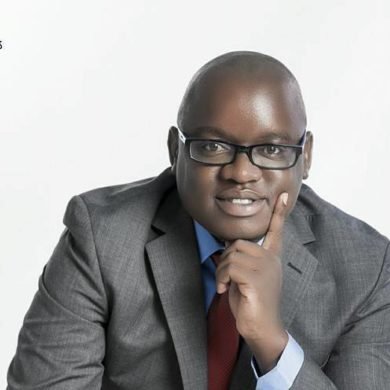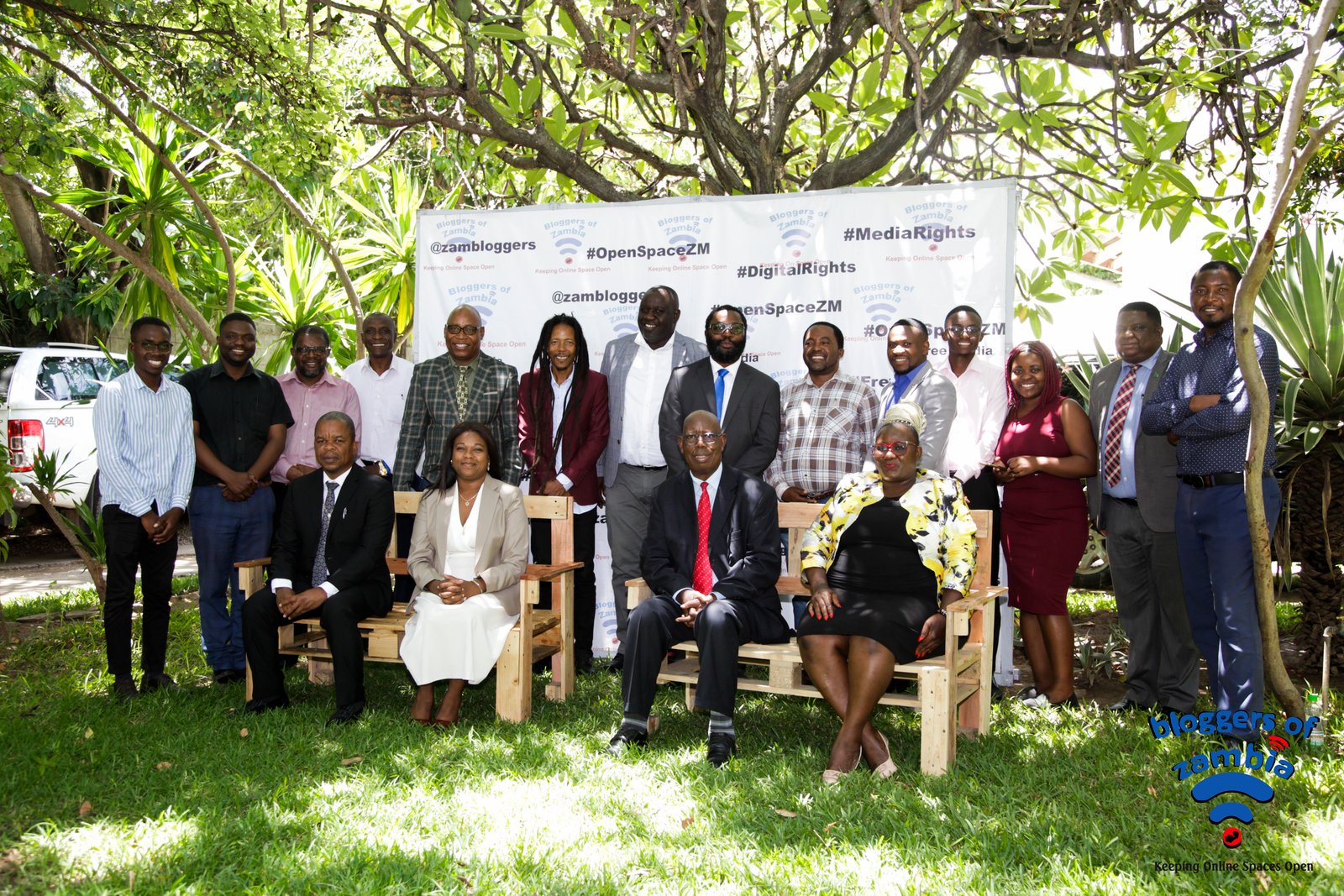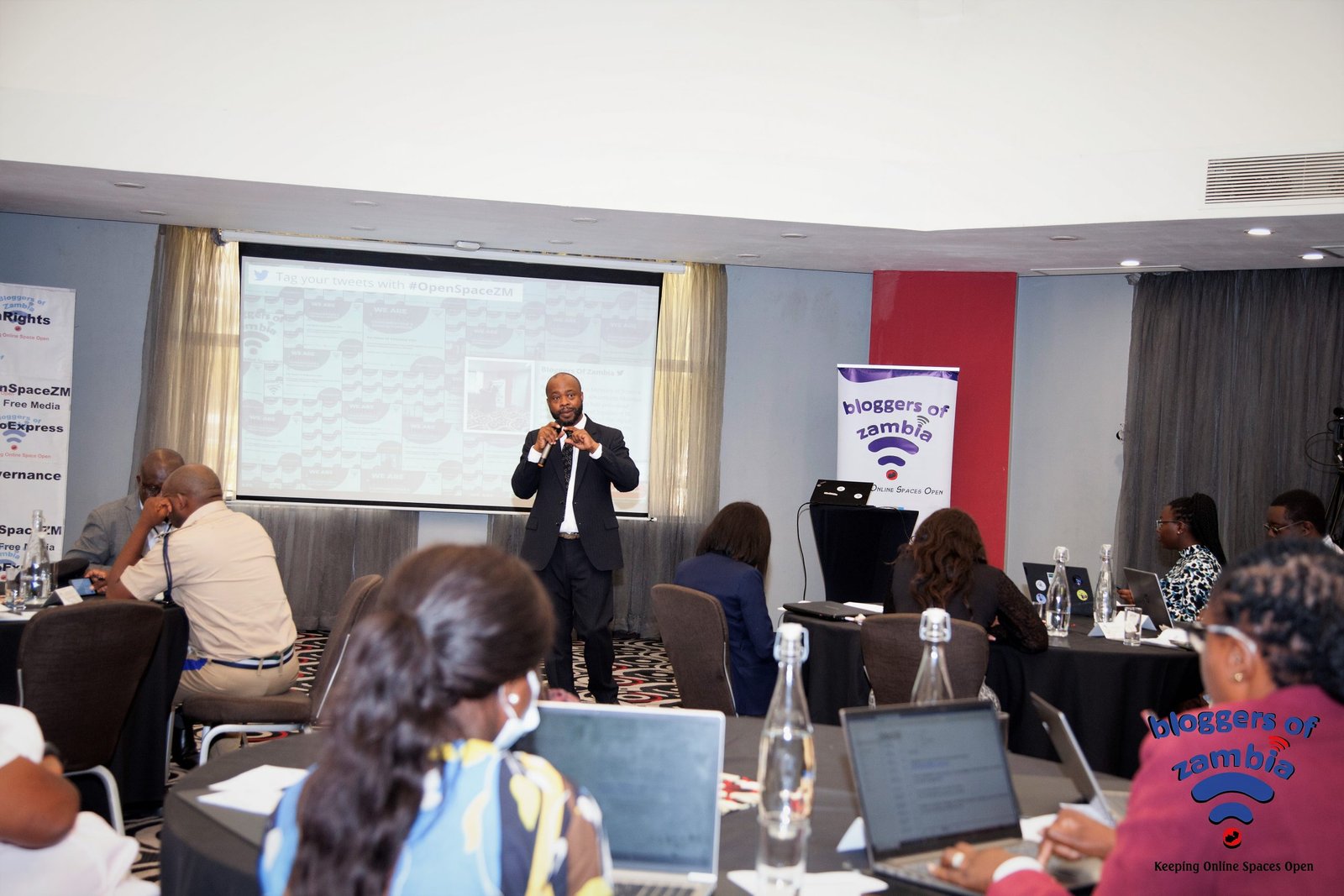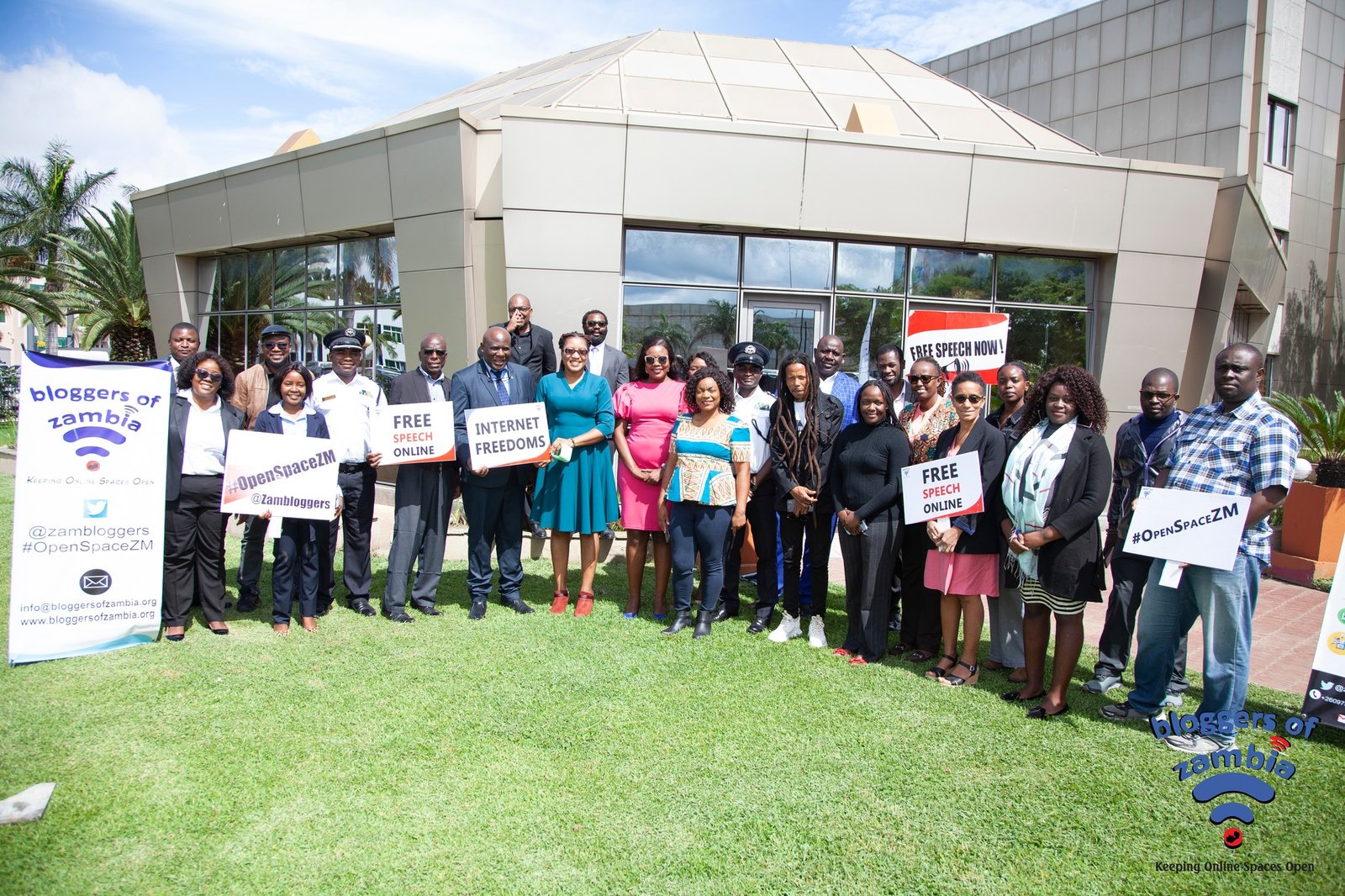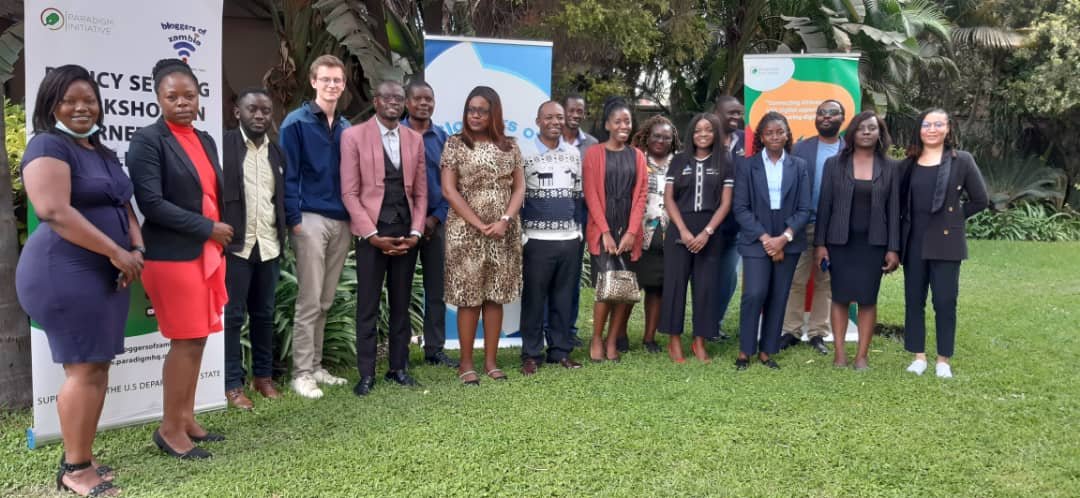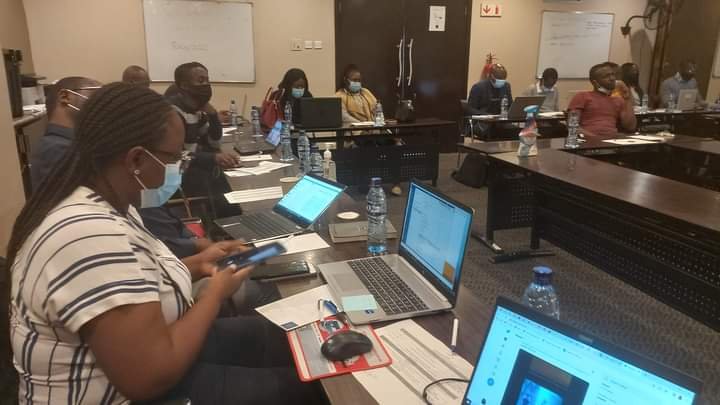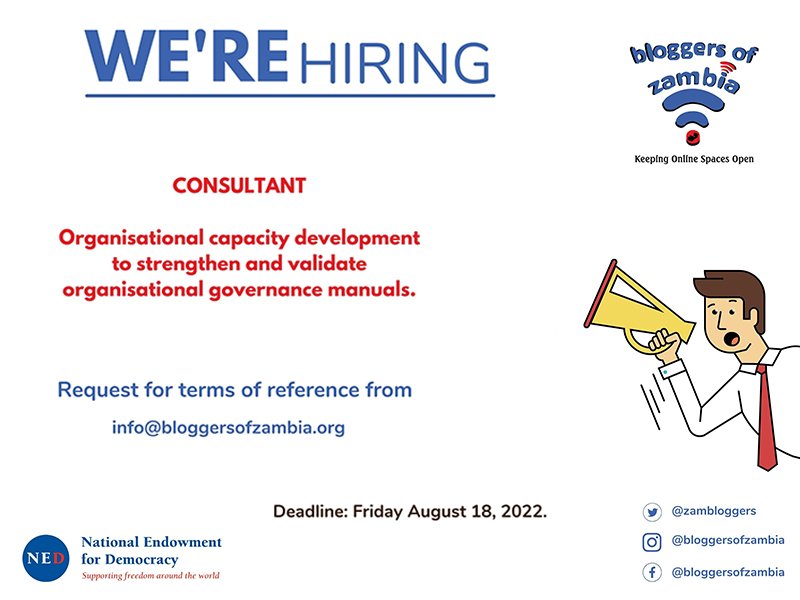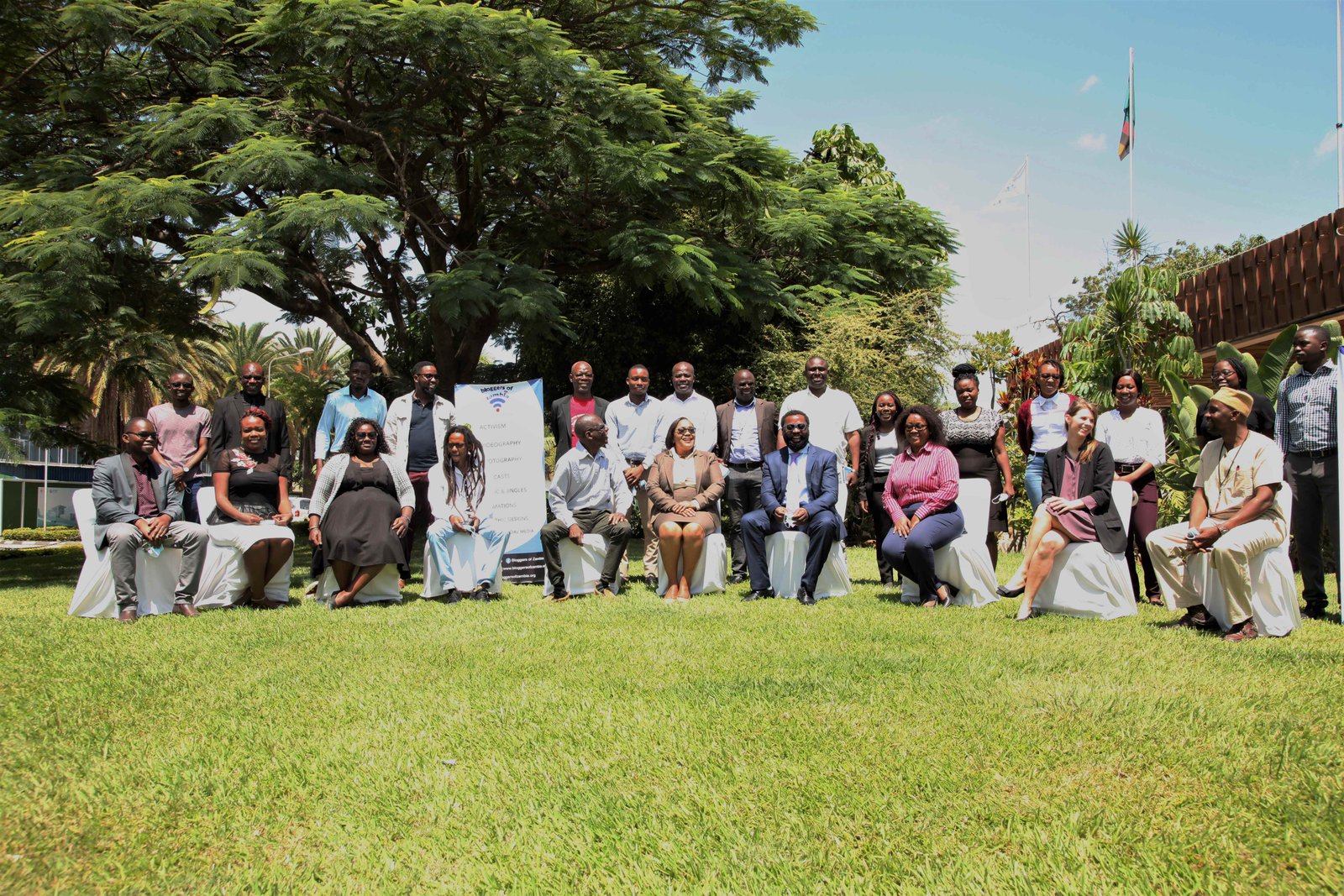
Two applicants scan the news papers for their names in the just ended teacher’s recruitment exercise. Photo Credit: Mwebantu
In the UPND’s inaugural budget, the government made a hefty promise to recruit 30,000 teachers in the year 2022. This exercise was given a budget of K1,994,817,600 in the 2022 national budget, and was intended to compliment the efforts towards implementing free education in the country.
The recruitment exercise, though delayed, was completed last week, with the names of accepted teachers published across state newspapers and on various websites relevant to the teaching fraternity. This is a commendable move by the government, as they actually exceeded their target of 30,000 teachers, but accepted 30, 496 teachers nationwide.
This move now presents opportunities and challenges for the country, the first being to address the teaching deficit that the country has faced. In a ministerial statement, Mr Siakalima said that the average teacher-pupil ratio stands at 1:58 and 1:35 for primary and secondary schools respectively. This is against the prescribed teacher-pupil ratio of 1:45 for secondary schools and 1:35 for primary schools. As a result, the recruitment of teachers presents a channel to address the high teacher-pupil ratios. The deployment of teachers, was done in such a manner that the districts with higher needs receive a higher number of recruits.
This recruitment also works hand in hand with the free education that is being accessed in all government schools. The re-introduction of free education, saw many learners returning to classrooms that they previously could not afford to be in. This too had an impact on the quality of education being offered. However, the deployment of more teachers will directly impact this.
On the other hand, the recruitment of teachers has been with challenges too. Firstly, there is concern that the teachers may not be placed on payroll immediately. This comes on the background of some teachers who were employed in 2020, complaining that they are yet to be put on the government payroll. According to former Ambassador to Ethiopia, Emmanuel Mwamba, it is not possible for the new teachers to be paid this year, as the budget only laid out provisions for the recruitment exercise, and not necessarily to pay teachers. However, the finance minister, Dr Situmbeko Musokotwane has assured the nation that the teachers will be paid, however, the source of the money to finance their salaries is unclear.
An unintended side effect of the recruitment of teachers has also been the mass resignations from private schools. Many of the recruited teachers have decided to leave their posts as teachers in private schools, however this presents a double edged sword – teachers who were left out of the recruitment process may still find employment in private schools.
As the government continues to make strides towards developing the country, it is important that critical sectors, such as health and education are adequately addressed. The recruitment of teachers is commendable, and it should thus follow that the necessary infrastructure development also takes place to ensure the delivery of holistic and quality education. Further to this, for the effective continuation of this program, the government should ensure that there is adequate funding for the payment of teachers as well other requirements for the delivery of quality education.

Applicants scan the news papers for their names in the just ended teacher’s recruitment exercise. Photo credit: Teddy Mweemba via Mwebantu
